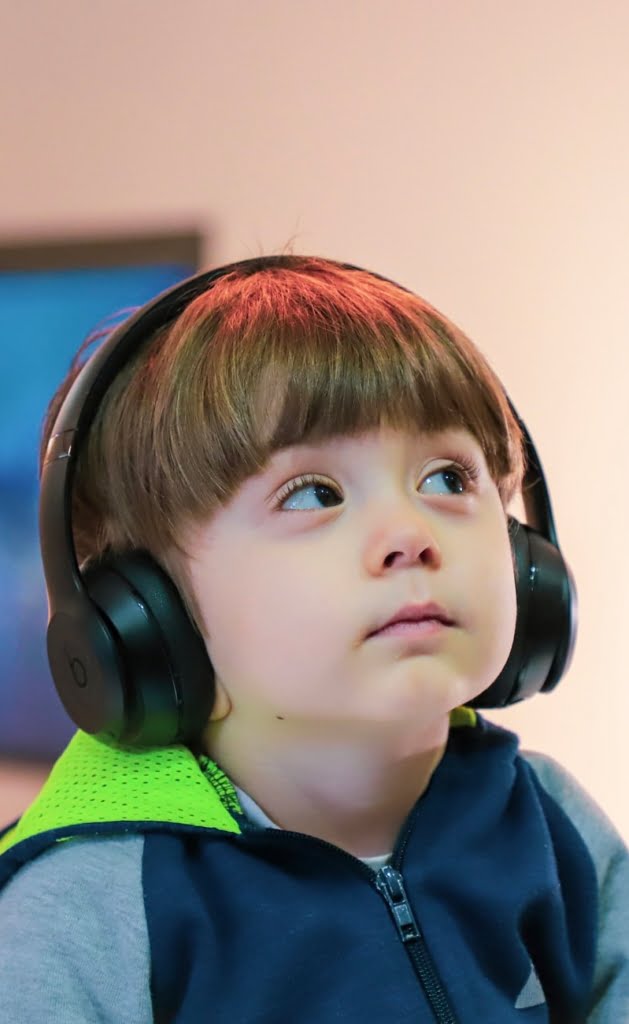
The Autism Society of America has deemed April 2021 as Autism Acceptance month. This evolved from their initial effort of promoting National Autistic Children’s week, beginning in 1972. The goal of moving from an awareness week to an acceptance month is to promote awareness, acceptance, and change. This organization aims to promote acceptance this April with its “Celebrate Differences” campaign to shine light on the signs, symptoms, realities of autism and encourage inclusivity.
First, let’s break down some common misconceptions about autism:
- Autism is not a mental health disorder. Although individuals with autism may have a co-occurring disorder, autism is a neurological disorder involving abnormalities in brain structure and neurotransmitter levels.
- Autism is not caused by vaccines. A study from the late 90s reflected a correlation between vaccines and autism was determined to be unfounded and fabricated. In fact, the doctor that found that correlation was stripped of his license for his false finding.
- Autism is not “new.” The abundance of research that has been done has been ongoing since at least the early 1940s, but autism existed long before that – research was just not in the mix of that yet.
- Not every child or adult with autism is nonverbal. Autism exists on a spectrum, which means the neurological symptoms can vary from person-to-person. While some children or adults may have very mild symptoms that can be hard to even identify, some also experience more significant symptoms and exhibit different behaviors that make identifying the presence of autism more obvious.
With that being said, a big part of igniting change, moving away from myths, and promoting acceptance comes from those who care for individuals with autism. Whether you are a parent of a child with autism or a caregiver for an adult with autism, the work you do is incredibly important and rewarding. There are many joys that come with caring for those with autism, and it can also be a challenging experience. Getting connected with resources is essential to not only the individual’s care, but the caregiver’s overall wellbeing as well.
If you are a caregiver, the way you take care of yourself can translate directly into how you care for your child or individual. Working with individuals with autism is rewarding, joyful, and occasionally challenging. It can be easy to put your own needs aside in order to care for a child or individual with autism, as it’s something that you likely feel like you need to do in order to provide the best quality care. However, it’s important to remember that we have to fill our own cups back up in order to adequately give to others. Below are some tips to help you recharge:
- Allow yourself space in your schedule for self-care. Though it can feel impossible at times, it’s essential to part of the care that you provide.
- Give yourself short breaks where you can. Taking five minutes to take a breather can help with centering and refocusing.
- Be accepting of help that is offered to you. Whether you’re a parent or caregiver, we all need help and support when caring so consistently for others.
- For parents: get your child involved in activities or therapies such as Applied Behavioral Analysis (ABA). This type of therapy helps increase language skills, communication skills, improve attention and focus, work on social skills, memory, and academics. It can also help decrease any problem behaviors.
- Support groups can be a great resource for you to relate to other caregivers of those with autism. Relating to people that understand your experiences can make a big difference. Here is a link to a caregiver support group resources: https://www.ccseniorservices.org/
For further education and resources about autism and caregiver support, check out the following resources:
- UAlbany’s Center for Autism and Related Disabilities (CARD): https://www.albany.edu/autism
By, Kristi Zalinka, EAP Intern
